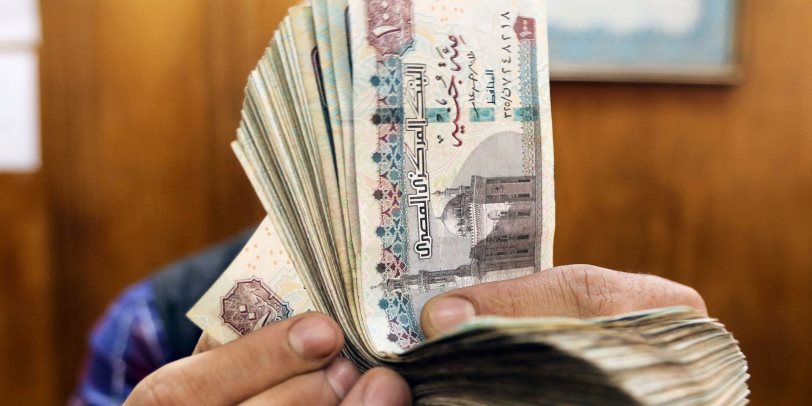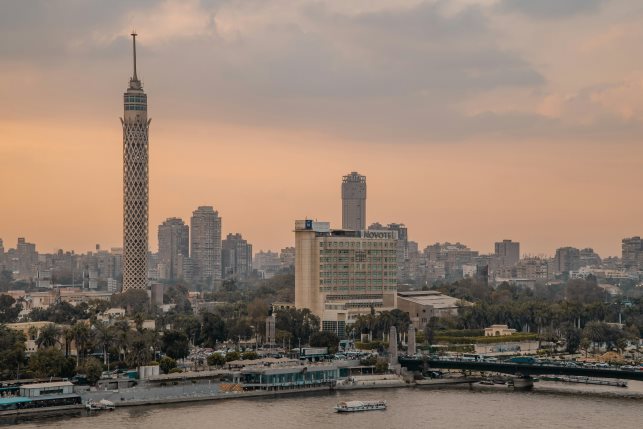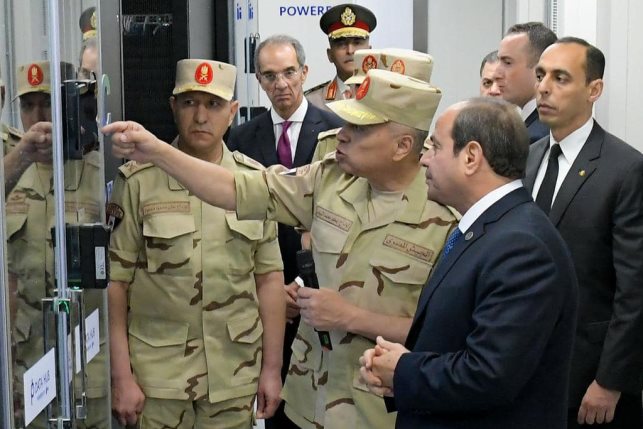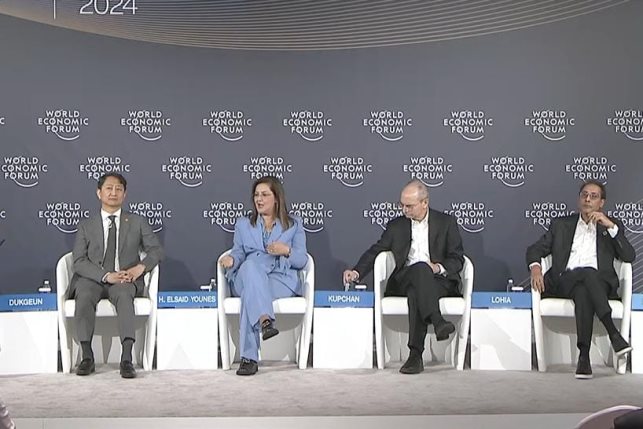Egypt implements bold measures to tackle inflation and eliminate parallel market
These measures were implemented to adjust the official exchange rate, address backlogs in foreign exchange transactions, and eliminate the parallel foreign market

Egypt has recently implemented bold measures aimed at tackling inflation and eliminating the parallel market. Last week, the Central Bank of Egypt (CBE) devalued the Egyptian Pound (EGP) against the US Dollar (USD) using market mechanisms.
During a special meeting, the CBE's Monetary Policy Committee (MPC) raised key interest rates significantly. The overnight deposit rate, overnight lending rate, and main operation rate were increased by 600 basis points, reaching 27.25%, 28.25%, and 27.75% respectively. Similarly, the discount rate saw a 600 basis points increase to 27.75%.
These measures were implemented to adjust the official exchange rate, address backlogs in foreign exchange transactions, and eliminate the parallel foreign market.
“Egypt recently experienced outflows of foreign currency due to high short term debt obligations and import facilities; this, coupled with lower-than-expected inflows from exports, remittances, tourism, and the Suez Canal, ultimately created substantial shortages of foreign currency within the banking sector. As a result, the CBE had placed high capital controls on official USD withdrawals, which in turn spiked demand in the parallel market,” Economic Expert, Karim Nassar, said in an interview with Business Today.
He added that “one of the key motivations behind the CBE’s decision to leave the exchange be determined by market forces, especially in light of the recent influx of USD within the official market, was to lower the spread between the official and unofficial exchange rates. “
“This is very important because the high parallel market exchange rate was fulling inflation, which peaked at 38% in September 2023.” Nassar added in his conversation with Business Today, “Imported or domestically produced products that contain a foreign currency component were being priced using the unofficial exchange rate of around 70 EGP per dollar or higher. However, following the exchange rate adjustment and given the fact that the market should now witness a higher supply of foreign currency, demand for the parallel market will drastically diminish if it does not continue to exist, which will help curb inflation.
Following the implementation of these measures, the official dollar prices against the Egyptian pound exceeded EGP 50 for the first time in Egypt's history. However, they have since stabilized at EGP 49.2 as of the current date.
The CBE's governor Hassan Abdalla emphasized that these measures align with the government's commitment to combat inflation and stabilize the Egyptian economy. Analysts have described the current situation as an economic revolution for Egypt.
During a press conference, CBE Deputy Governor Rami Abu El Naga acknowledged the significant losses experienced by the banking sector in terms of remittances from Egyptian expatriates due to parallel market activity. However, he expressed optimism that these inflows would recover as the market stabilizes, highlighting that the CBE's decisions aim to restore confidence in the Egyptian economy.
In addition to these measures, Egypt recently signed a real estate investment deal with the United Arab Emirates (UAE) to develop Ras El Hekma City on the North Coast. The investment amounts to $35 billion, with $24 billion in cash liquidity and $11 billion from UAE deposits with the Central Bank of Egypt. As part of the agreement, Egypt will also receive 35% of the project's profits throughout its implementation. Egypt's external debt will decrease by $11 billion, transferred from Emirati deposits in the central bank as an investment in the project.
Moody's, a prominent rating agency, has upgraded its outlook on Egypt from "negative" to "positive" and affirmed the Caa1 long-term foreign and local currency issuer ratings. According to Moody's report, this positive outlook is a reflection of the significant official and bilateral support announced, as well as the marked policy steps taken by Egypt in the past week.
These actions, if sustained, are expected to contribute to the macroeconomic rebalancing of the country. Moody's also highlighted the substantial contribution of foreign direct investment from the UAE government, which is projected to boost Egypt's foreign exchange reserves and cover the estimated external financing gap until fiscal 2026.
These measures and investments demonstrate Egypt's determination to address inflationary challenges, stabilize the economy, and attract foreign investments to foster sustainable growth.





